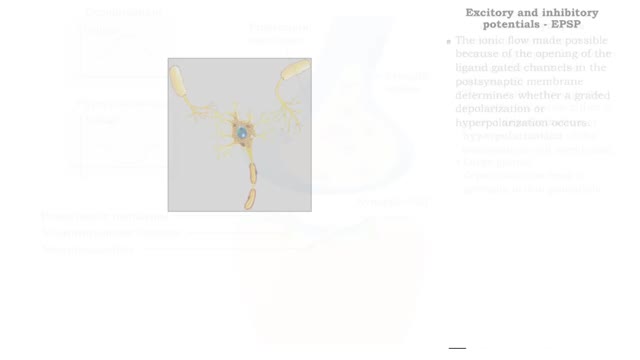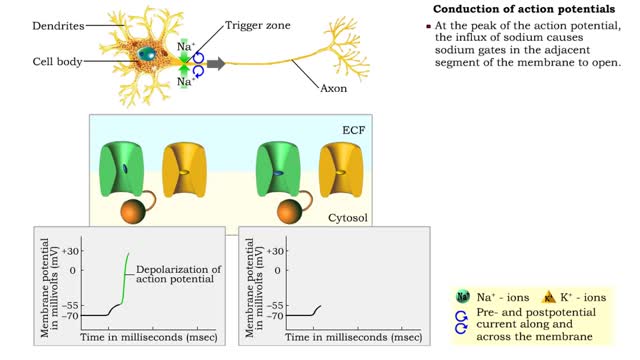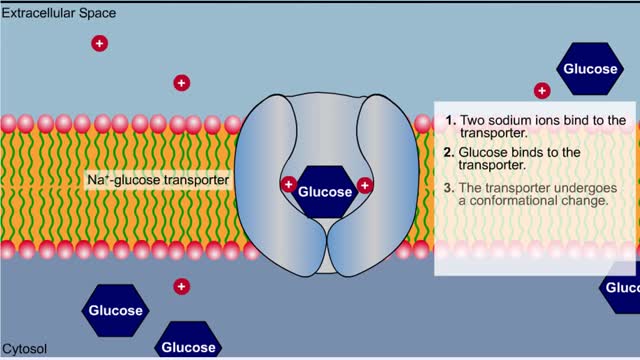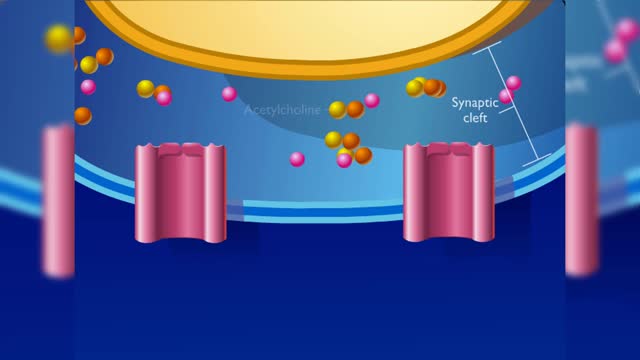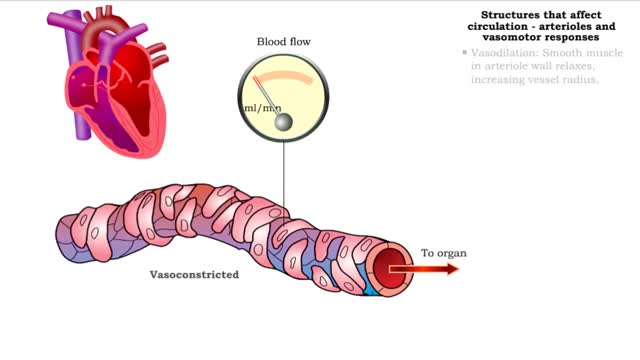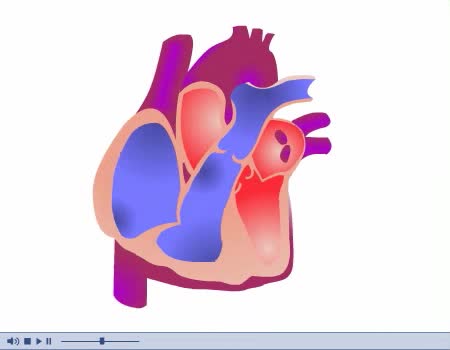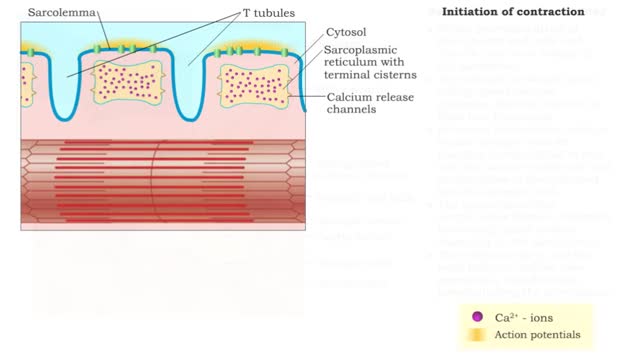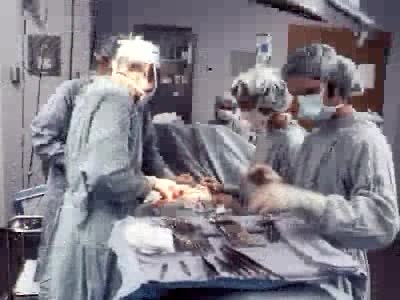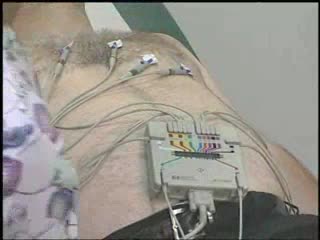Search Results
Results for: 'sodium-potassium pump'
Neurotransmission at chemical synapses & Excitory and inhibitory potentials
By: HWC, Views: 11290
• A series of events occur at chemical synapses in order to communicate with the adjacent cell. • The action potential arrives at the presynaptic membrane. • The depolarization phase of the action potential opens voltage gated Ca+ channels. • increased inflow of Ca+' into the cyto...
Conduction of action potentials
By: HWC, Views: 11488
• Action potentials must be rapidly conducted over long distances in order for the nervous system to communicate with other cells. • Propagation of an action potential uses processes similar to those that generate the potential at the trigger zone. • a When a graded potential reaches ...
Types of Transport - Uniport, Antiport and Symport (Glucose and Na+K+ Transporters)
By: HWC, Views: 10990
Some transport proteins bind and transport molecules very selectively. Uniport is the transport of one solute molecule. Symport is the transports of two solute molecules in the same direction. Antiport is the transports of two solute molecules in opposite directions. 1. Glucose bin...
Structures that affect circulation - arterioles and vasomotor responses and venous return
By: HWC, Views: 11357
■ Small arteries and arterioles determine SVR. • Blood pressure drops significantly as blood passes through arterioles. • Decreasing arteriole radius and decreased wall elasticity are the main reasons for increased SVR. ■ Small changes in arteriole radius can cause large changes in ...
By: Administrator, Views: 14472
Diastole and systole are two phases of the cardiac cycle. They occur as the heart beats, pumping blood through a system of blood vessels that carry blood to every part of the body. Systole occurs when the heart contracts to pump blood out, and diastole occurs when the heart relaxes after contract...
Nervous pathway to the Neuromuscular (NMJ)
By: HWC, Views: 11820
• A nervous impulse, also called an action potential, starts from the brain or spinal cord to signal skeletal muscle cell contraction. Action potentials continue along a motor neuron to the muscle cell. • The signal to contract must cross a synapse - the neuromuscular junction (NMJ) - betwe...
Introduction to Erectile Dysfunction
By: Administrator, Views: 376
Erectile dysfunction (ED), also known as impotence, is a type of sexual dysfunction characterized by the inability to develop or maintain an erection of the penis during sexual activity. Erectile dysfunction can have psychological consequences as it can be tied to relationship difficulties and se...
By: Administrator, Views: 14142
An electrocardiogram (ECG or EKG) is a test that checks how your heart is functioning by measuring the electrical activity of the heart. With each heartbeat, an electrical impulse (or wave) travels through your heart. This wave causes the muscle to squeeze and pump blood from the heart. Sinoat...
Advertisement



